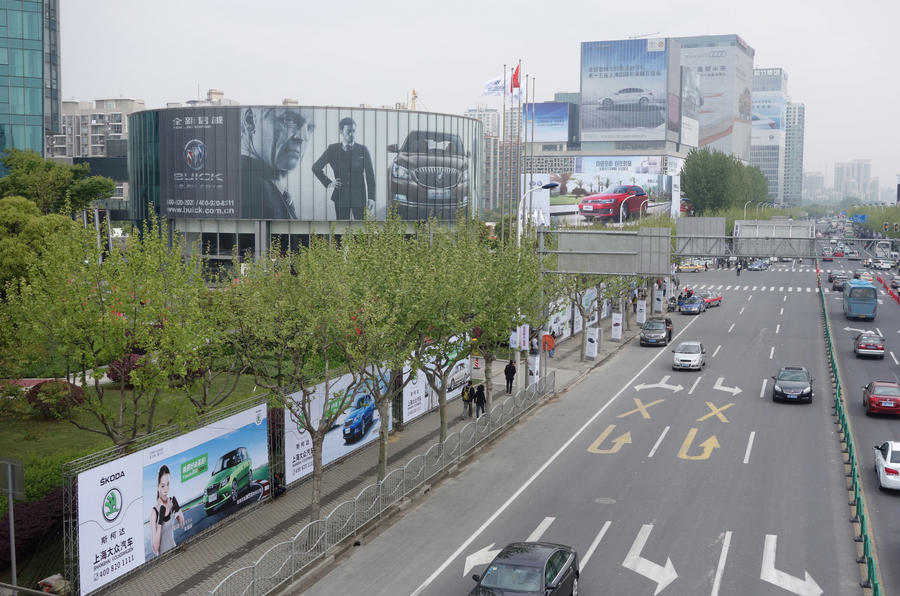Worrying might be a touch too extreme, but there's no question that the slowdown in once-booming Chinese car sales is starting to cause furrowed brows among car makers ahead of the Geneva motor show.
The slowdown - most notably among premium brands - actually translates as 5-10% year-on-year growth, but when you've been used to a diet of upwards of 30% growth for the past few years, and invested hundreds of millions in building factories to sustain that growth, you can understand the concern that is now being expressed.
The reasons are many and varied, but it's clear that Chinese government legislation is at least partly to blame. The major cities are clamping down on second car ownership in order to combat pollution and congestion, for instance, while infrastructure and prosperity in second and third-tier cities is inevitably of a smaller magnitude.
The more positive players are talking up new opportunities. A credible used car market is starting to emerge, for instance, powered by trade-ins, while the servicing and maintainance of all the cars sold in the gold rush of the past few years is keeping dealers busy.
But that requires a new way of thinking. In China, common practice among dealers has been to pile stock high and sell it on the spot, which has meant pretty effortless profits. The changing market requires both investment and hard work.
A growing market is still a good one, of course, and so is one that's changing and offering up new opportunities. But I suspect you may hear a lot more from car makers in the coming days about spreading their risk and focusing on a global approach.
The Chinese market kept many struggling brands afloat when the European and US markets were at rock bottom, but as the signs of recovery strengthen, the importance of spreading risk - and being open to opportunities - around the globe has never been more apparent.






Add your comment